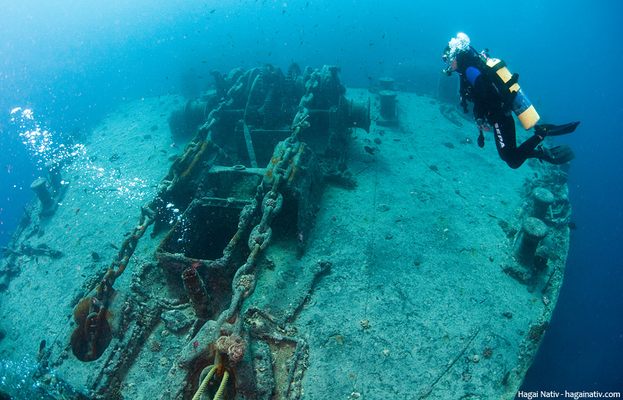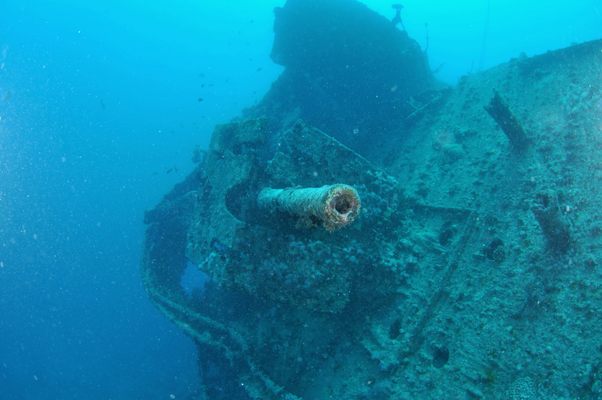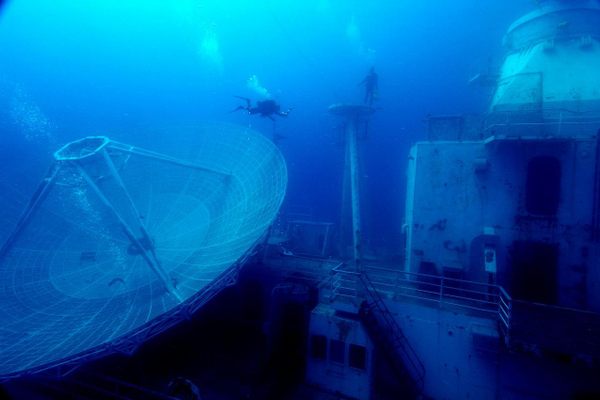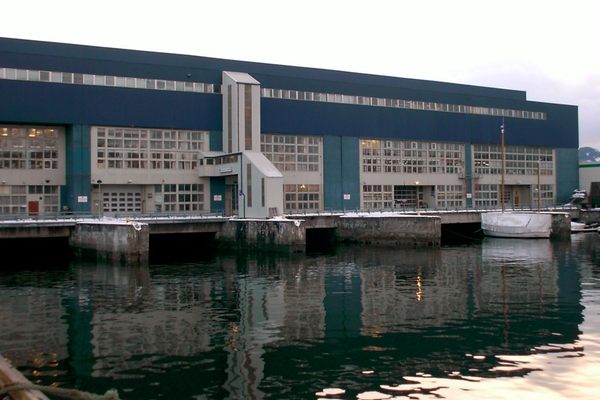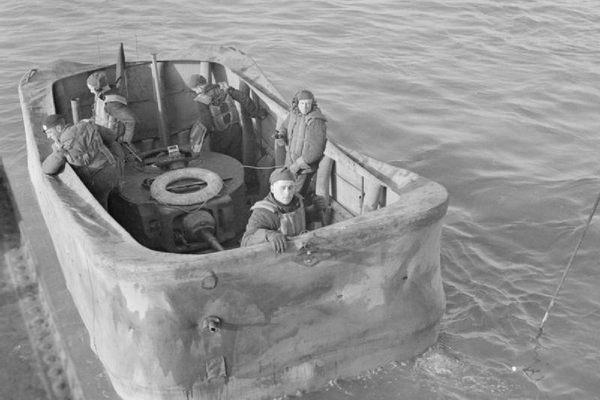About
World War II caused chaos globally, not only on land but at sea too. Ships were sunk in their thousands, but the bombing of one ship just off the coast of Egypt was merely the start of this ship's fame.
Built in England in 1940, the SS Thistlegorm was constructed as a cargo vessel for wartime. Funded partially by the U.K. Ministry of War Transport and armed to fight back against the enemy, the Thistlegorm was set to sea and completed three voyages before one fateful night in October 1941.
Loaded with cargo for the Allies and bound for Alexandria, Egypt, the ship was forced to wait at anchor (just outside what is now known as Raz Muhammed Nature Reserve) while the Suez Canal was temporarily closed following a collision.
However, Egypt was brimming with Allied forces in late 1941, and the Germans received word that an Allied troop carrier, the RMS Queen Mary, was going to be sailing through the area. Desperate to sink this icon of the seas, two Heinkel HE 111 planes were dispatched to sink the Queen Mary. Despite extensively searching the area, the bombers found no trace of their target. But they did happen to stumble upon the SS Thistlegorm.
At 1:30 a.m. on October 6, 1941, the bombers dropped their explosives onto the stern of the Thistlegorm, which exploded almost instantly. The ship sank quickly, and nine crew members of 42 onboard died (likely killed by the explosion). The survivors were picked up by a nearby escort ship.
About a decade after its sinking, the Thistlegorm was rediscovered by world-renowned ocean explorer Jacques Cousteau. But it wasn't until the 90s that the Thistlegorm would find her second life. As the 90s came around, Egypt became an increasingly popular tourist destination and the warm waters of the Red Sea drew scuba divers from all over the world. Many of those divers found themselves exploring the wreckage of the Thistlegorm.
The very nature of the Thistlegorm and how she came to rest on the seabed have played into her legacy as a world-class diving wreck. The ship sits in a relatively shallow, warm-water climate, where it attracts all forms of marine wildlife. The very explosion that blasted the ship apart also made multiple decks on the inside of the ship exposed to open water and accessible to divers. Its scale means there is plenty to explore over multiple dives.
Aside from the ship herself, the wartime cargo is one of the biggest draws to the wreck, as it acts as an underwater museum for wartime history. Some cargo even remains in situ inside the wreck itself, never to find its way to its intended destination. There had been two steam locomotives on the main deck of the vessel and when the ship exploded, the blast rocketed them clear off the deck of the ship and into the sea. Both still sit on the seabed, on opposite sides of the ship.
Since the 2000s, steps have been taken to try and preserve the wreck, but there's only so much that can be done to preserve the wreck before she rusts away.
Related Tags
Know Before You Go
There are plenty of diving operators that will take you out to the Thistlegorm in Egypt, most will be live-aboards, but some day-operators will take you out and back within the day.
The Thistlegorm has various depths which accommodate a wide range of divers, the bow sits at 16 meters (52 feet), while the deepest point of the wreck, the propellor, sits at 32 meters (105 feet)
The bow remains in a relatively intact state while the stern is fairly mangled. This wreck has a lot of protruding and twisted metal due to the nature of how it ended on the ocean floor, so be aware of that.Divers should always be aware of their limits, the lure of additional things to see inside the cargo holds may be tempting, but those who are not trained to go inside a shipwreck should never do so.
As always, divers should NEVER remove anything from this wreck or ANY wreck. Coral reefs are delicate and slow-growing, and the wartime nature of this wreck as well as the people who died during its sinking means it should be treated with the utmost respect.
Egypt Family Adventure: Pyramids, Mummies & The Mighty Nile
Cross dream-like deserts and uncover the secrets of ancient pyramids.
Book NowCommunity Contributors
Added By
Published
December 22, 2023
